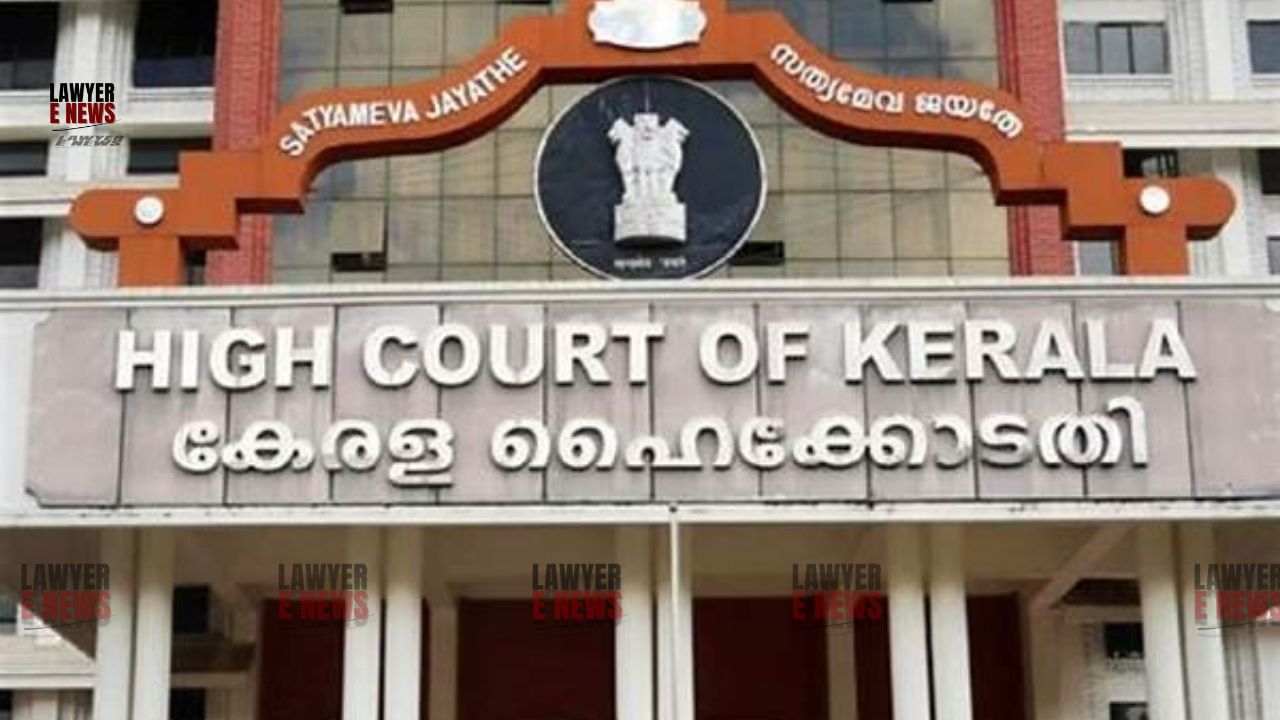-
by Admin
15 February 2026 5:35 AM



The High Court of Kerala at Ernakulam, in a judgment delivered on July 31, 2024, dismissed a writ petition filed by Dr. Valsamma Chacko under Article 227 of the Constitution. The case revolved around allegations of medical negligence brought by Leelamma Joseph. The Court ruled that it lacked the jurisdiction to supervise orders passed by the National Consumer Disputes Redressal Commission (NCDRC) located in New Delhi, affirming the established principle that Article 227 jurisdiction is confined to the territorial limits of the High Court.
The petitioner, Dr. Valsamma Chacko, a retired professor and senior consultant in obstetrics and gynecology, faced allegations of medical negligence from Leelamma Joseph. The Kerala State Consumer Disputes Redressal Commission had awarded Joseph compensation of Rs. 22,00,000 for negligence and deficiency in service. This decision was upheld by the NCDRC in New Delhi. Dr. Chacko then filed a writ petition in the Kerala High Court, seeking to challenge the NCDRC’s decision on jurisdictional grounds.
The core issue in the writ petition was whether the Kerala High Court could exercise supervisory jurisdiction over a tribunal situated outside its territorial limits. The Court referenced Article 227, which provides High Courts with supervisory jurisdiction over all courts and tribunals within their territorial limits. It cited the Supreme Court’s ruling in L. Chandrakumar v. Union of India, which emphasized that the power of judicial superintendence is confined to the territorial jurisdiction of the respective High Courts.
The Kerala High Court extensively discussed precedents, including Union of India v. Alapan Bandyopadhyay, where the Supreme Court held that High Courts could not extend their supervisory jurisdiction beyond their territorial boundaries. The Court noted that while Article 226(2) allows for broader jurisdiction based on the cause of action, Article 227 does not. The petitioner’s counsel argued that since the cause of action arose within Kerala, the High Court should have jurisdiction. However, the Court found that the jurisdiction under Article 227 is strictly territorial, and thus, it could not entertain the petition.
“The jurisdiction conferred upon the High Courts under Articles 226/227 are part of the inviolable basic structure of the Constitution. However, the scrutiny by the High Court under Article 227 is permitted only if the concerned tribunal falls within the jurisdiction of the High Court,” stated the Court, aligning with the apex court’s rulings .
The High Court’s dismissal of Dr. Chacko’s petition reinforces the principle that supervisory jurisdiction under Article 227 is territorially bound. This decision underscores the judiciary’s adherence to jurisdictional limits, ensuring that High Courts exercise their powers within the defined territorial framework. The ruling serves as a significant reference for future cases involving the jurisdictional reach of High Courts over tribunals situated outside their territorial limits.
Date of Decision: July 31, 2024
